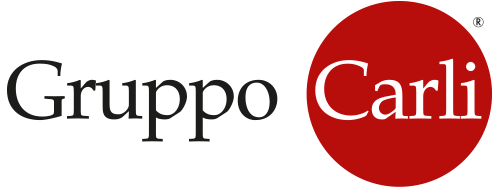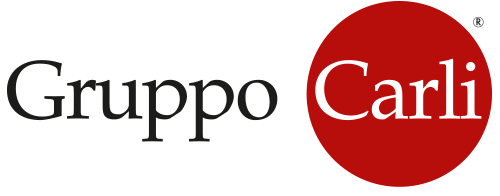A balanced diet for your horse
The basics. Part 2
by Giuseppe Iardella
A horse’s daily diet should include around 40 different nutrients: the right amount of energy and proteins, 15 different minerals, 14 vitamins, fats, water and at least 4 essential amino acids (lysine, methionine, tryptophan and threonine).
Specifically-formulated for horses, current diets provide most of these nutrients in the right quantities.
However, a pre-formulated diet can never respond to the individual needs of every horse and some essential ingredients such as, for example, proteins, digestible energy (DE), calcium, phosphorous or selenium, may be lacking or in excess. In addition to these, zinc and copper are necessary for growing foals and vitamin A and vitamin E can also be a problem for sport horses with no access to pasture or fresh forage.

Before calculating precise individual needs, it is necessary to gather some key information:
- What stage of its life is your horse at? Is it a growing foal? Is it a nursing brood mare?
- What is its level of activity? Is it inactive? Does it do light, medium or intense work? Is it an endurance horse? Is its workload constant or increasing or decreasing?
- What is its condition? Is it slim or overweight?
- Does it have specific nutritional needs linked to its state of health?
- What is its BCS and its real weight?
Composition of the ration

Having a constant supply of good quality hay and/or pasture supplemented with the complementary compound feed you shouldn’t need to add any other ingredients to your horse’s ration. Generally, a correct ration for the horse should consist in 50% forage and the remaining 50% of concentrates. This is apparently simple, but is in fact, a rather complicated concept that I’ll explain below.
Taking into account that dry matter (DM) should vary between 1.5% and 3% of the animal’s body weight (BW), as a proportion of dry matter, forage should be between 0.75% and 1.5% of the animal’s weight.
Bearing in mind that for a working horse the percentage of DM indicated is 2.25% of BW, we can conclude that a horse weighing 500 kg should be fed approximately 6 kg of forage and approximately 6 kg of concentrate every day.
However, these proportions can vary considerably based on the intensity of the work done by the animal and its metabolism. For example, an inactive horse or an easy keeper can live well on only good quality forage, perhaps combined with a protein balancer.
Furthermore, in feeding a horse traditional forage it is opportune to consider the minimum “physiological” waste of 10-15% percent. We say “minimum” because in fact, horses can fairly safely be fed up to 50% more than the dose indicated.
We do not recommend the same with regard to concentrate, which instead is often carelessly given to horses in excess of the dose indicated in an attempt to compensate for poor quality hay.
This is a serious error because an increase in the quantity of concentrates (which are rich in starch) to the detriment of fibre (in other words, cellulose) can cause sometimes quite serious pathologies, such as cholic or laminitis.
Dr. Giuseppe Iardella
For more information, you can contact: info@equidiets.com


